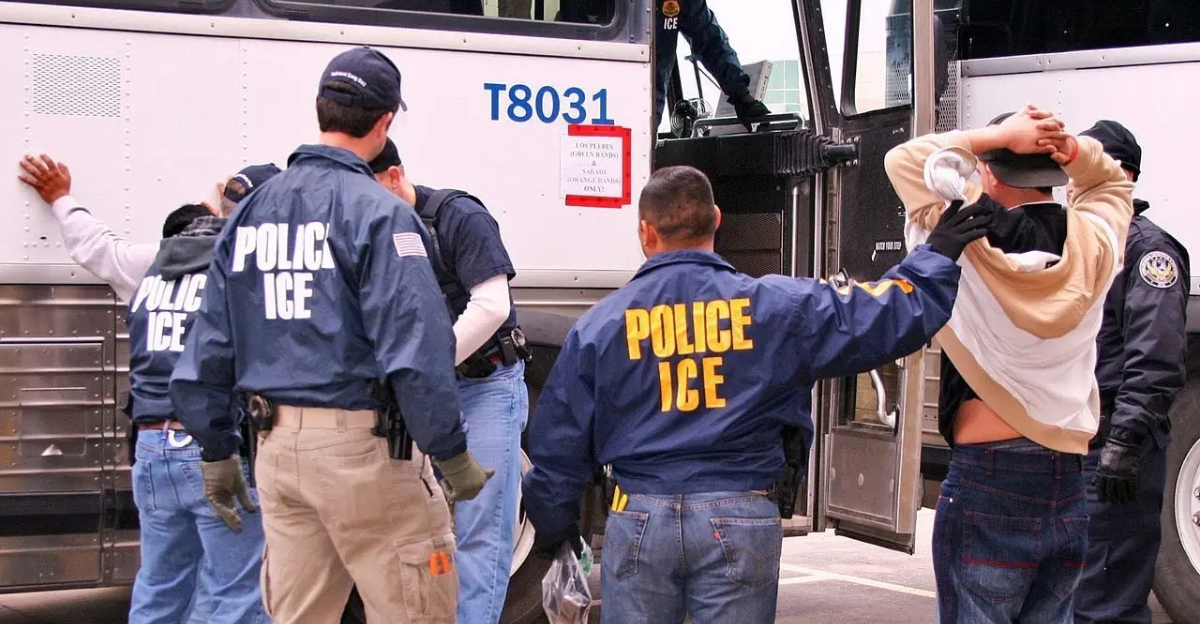
California is reeling. Thousands of jobs vanished overnight after a wave of ICE raids tore through factories and fields and the long warehouse sprawl. It was supposed to be about cracking down on undocumented workers, but the part that stunned people was when citizens started losing their paychecks, too. Moms, dads, veterans, and even lifelong residents were suddenly left staring at pink slips because their workplace got caught in the storm. Nobody saw this coming. It feels reckless. Like a policy written from a windowless room.
As it stands, the economy is already trembling because on-the-ground work crews got yanked out, and California, for all its size, is shaking hard right now.
Background on ICE Raids
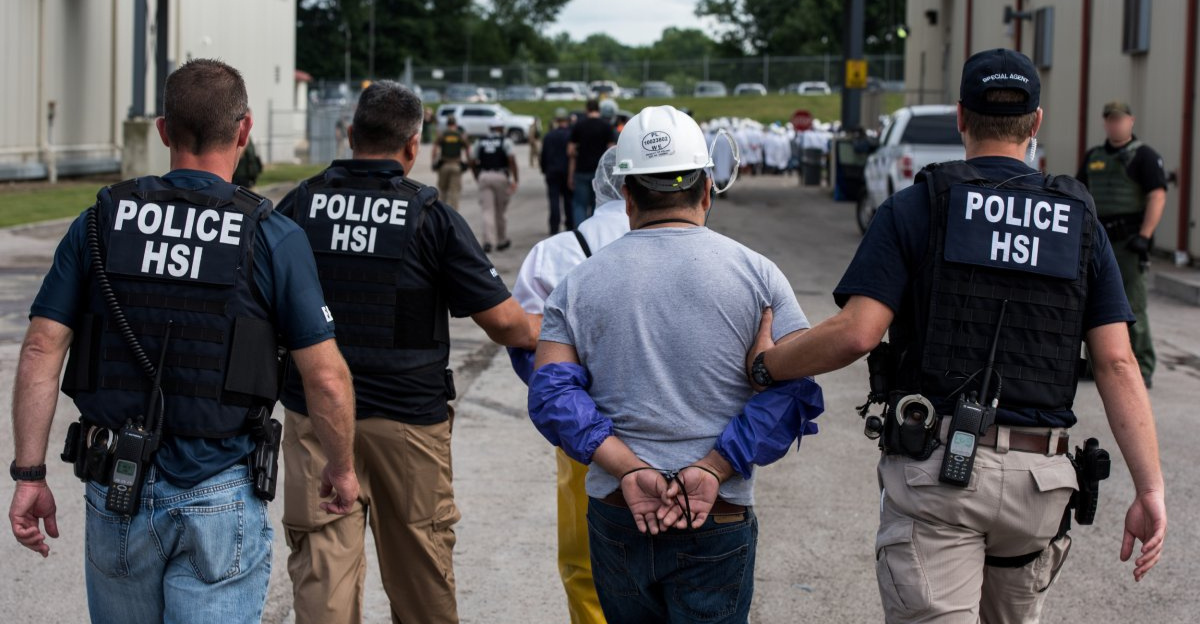
By late 2024, federal teams had already been circling through California with a focus that felt personal. Officials said they were simply making sure employers followed the law. Many here heard something closer to a political message. The raids swept through farm valleys, meatpacking towns, inland warehouse belts, and dusty shipping yards. Rumors ran through crew vans for days, yet people still showed up because rent was due. Then one morning, a shift would be gone. Some owners said half their people vanished in hours!
Immediate Economic Impact
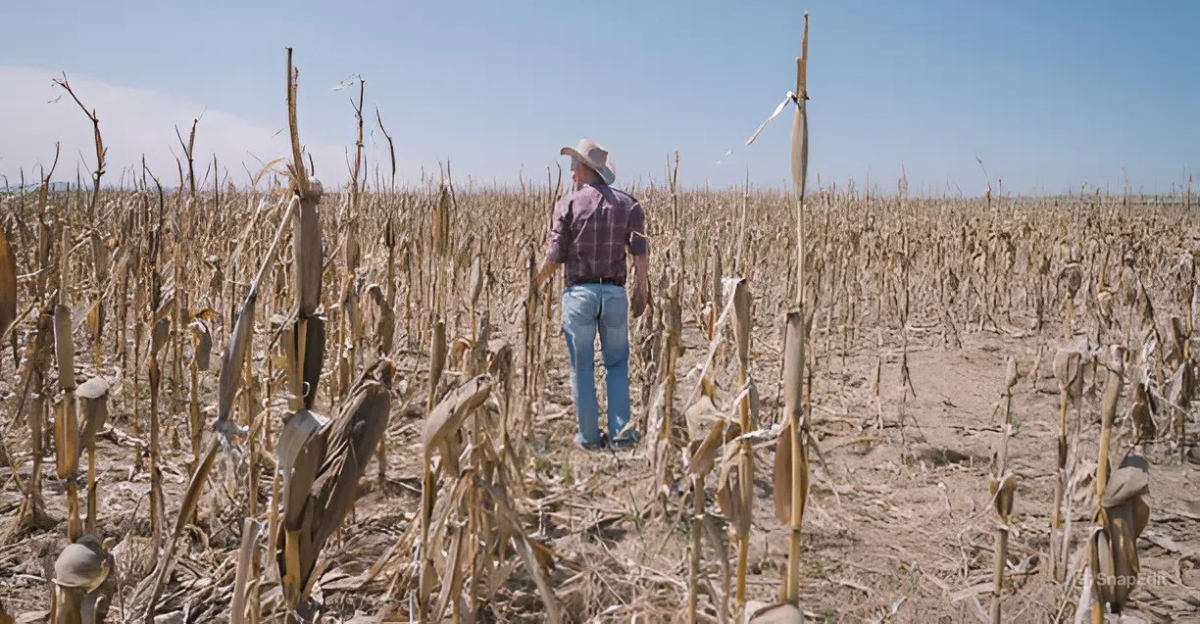
State data suggests over 465,000 positions were wiped out in just a few weeks following the raids. That’s not far from the early shockwaves of COVID when industries froze overnight. The private sector, especially in rural counties, is feeling the burn. Agriculture alone saw job vacancies spike by nearly 40 percent, leaving crops to rot under the sun. Crews are down to skeleton teams, and the drywall outfit that carried three counties just shut its yard. That one enforcement pass is bending the local economy out of shape fast.
Disproportionate Job Loss Among Citizens

In several hard-hit areas, worker groups say citizens are losing jobs even faster than undocumented co-workers. When crews built around immigrant labor fall apart, lines shut and employers cut everyone still on the clock. Data from labor advocates shows that Latino and White workers, especially those in agriculture and food processing, have been the hardest hit. Many of these jobs depend on teams built around immigrant labor, so when one link breaks, the whole chain collapses. It’s a brutal reality check that our economy is more dependent on immigrant workers than politicians ever admit.
Industry-Specific Effects
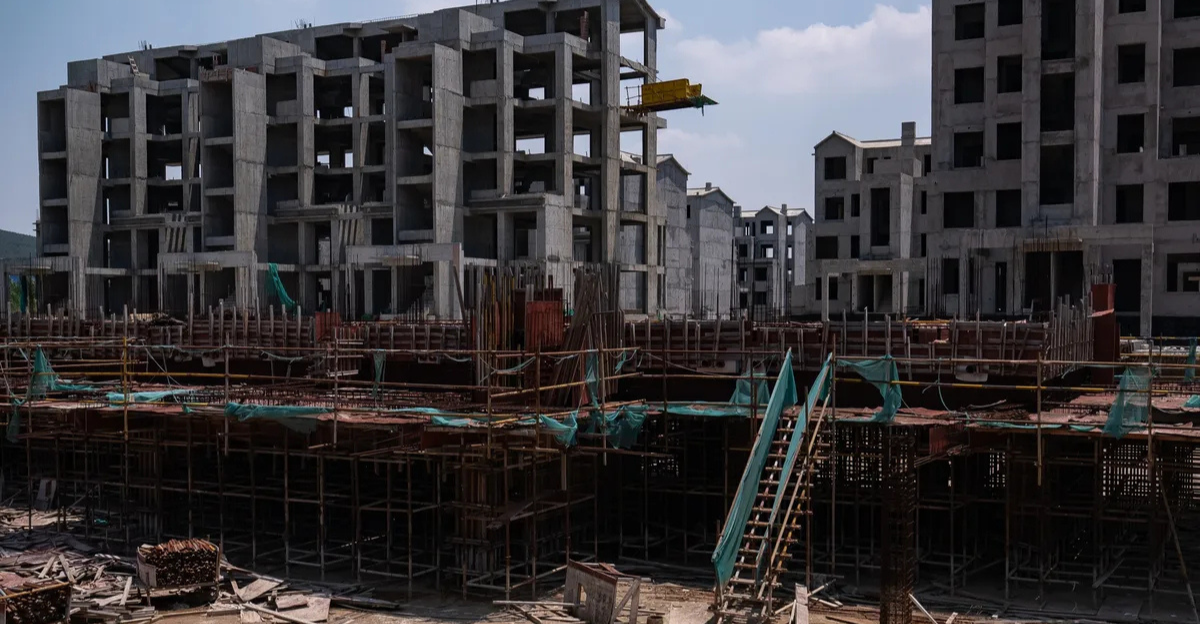
California’s backbone industries are taking the worst hits. Agriculture is gasping, with fields left half-harvested because the hands that keep things moving are gone. Across the state, construction sites sit silent with frames half-built while companies rack up delay fees. Warehouses drag as deliveries back up and supply lines tangle. In the worst cases, contracts vanish because shifts can’t be filled. The raids removed workers and, with them, the core crews that kept these sectors running. And now the state is scrambling, watching its most labor-intensive industries grind to a painful crawl.
Social and Community Consequences
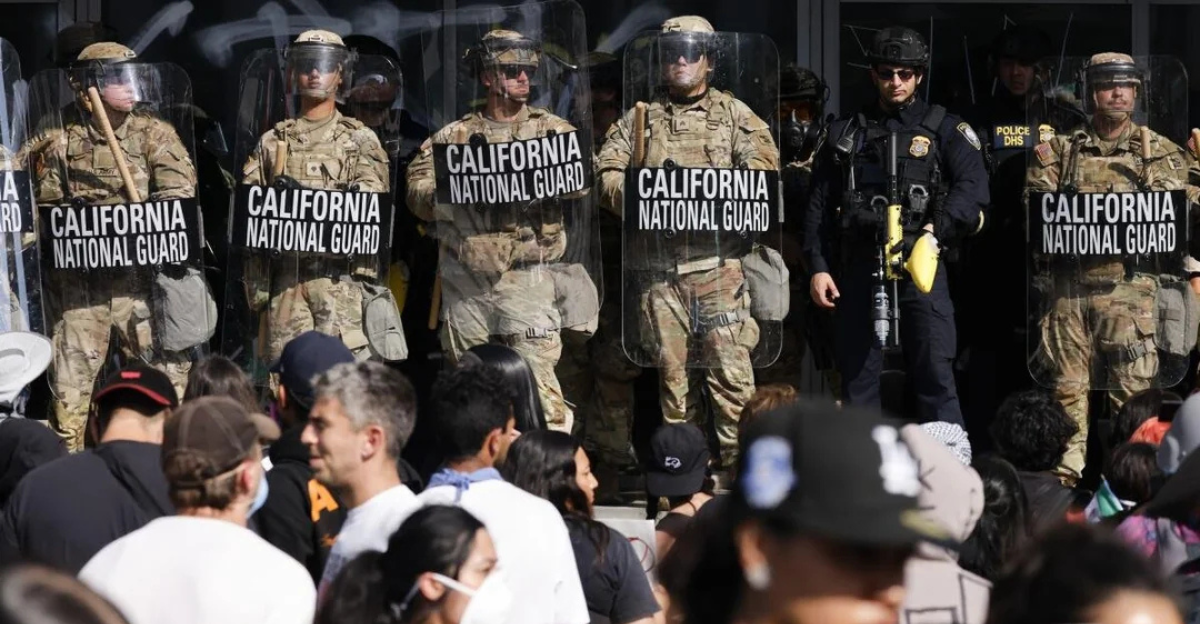
This is the moment when statistics become faces. As paychecks disappear, so does any feeling of safety in town. Marches spill into main streets while church basements fill with families desperate for answers about what comes next. In a few hot weeks, local officials asked the National Guard to stand by in more than one county after late-night clashes.
It’s chaotic. Rumors of the next sweep race from group chats to morning drop-off lines. Teachers say kids crack in class when a parent disappears from shift, and whole blocks go quiet as doorbells go unanswered.
Broader Economic Ripple Effects
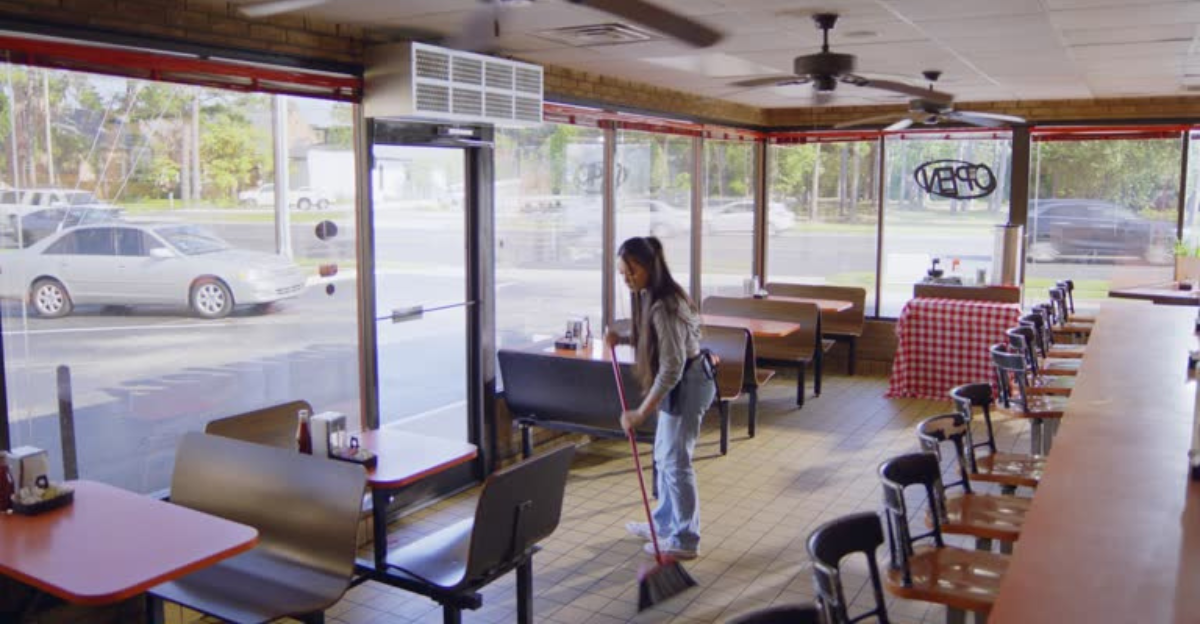
What starts at one work site spreads fast. Cash that once circulated on Friday paydays slows, leaving corner diners half empty and farm supply shops sitting on unsold inventory. Parents push off dental visits, and small towns built on both immigrant and citizen labor now face quiet storefronts and vacant motel lots. Economists warn that the gap between those with savings and those living week to week is widening fast. As wages fall away, sales tax drops, which squeezes school districts and clinics already working on tight margins.
Perspectives from Experts and Researchers

Researchers at UC Merced are sounding alarms, saying the numbers reveal a crisis that goes far beyond immigration. Their studies link the raids to measurable drops in local GDP and a surge in unemployment among U.S. citizens. Economists argue that removing a significant labor force this abruptly creates supply chain shockwaves that no community can absorb. Furthermore, experts are calling these enforcement tactics unsustainable and economically self-destructive, with some are urging policymakers to track long-term consequences instead of celebrating short-term “wins.” They warn that California’s labor market may take years to recover if this strategy continues unchecked.
Policy Implications and Recommendations
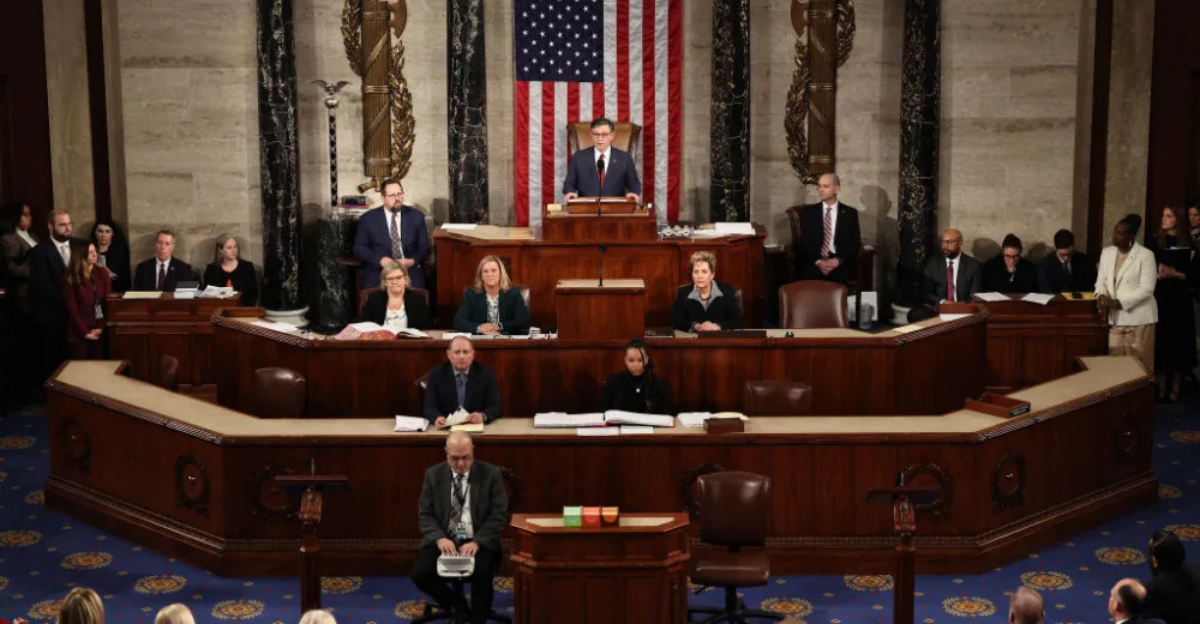
Lawmakers are being forced to face a hard truth. You cannot gut a workforce without offering some kind of relief, not unless you want chaos as the new normal. Advocates are calling for emergency economic aid for displaced workers, both citizens and non-citizens, because job loss doesn’t care about legal status. Others argue for smarter, balanced enforcement that doesn’t torch entire industries just to make a point. There’s growing pressure for federal and state governments to track labor data post-raids, to measure the collateral damage. Unfortunately, there is a loud silence from Washington at the moment, which frankly, for many of the affected, feels like abandonment.
Conclusion
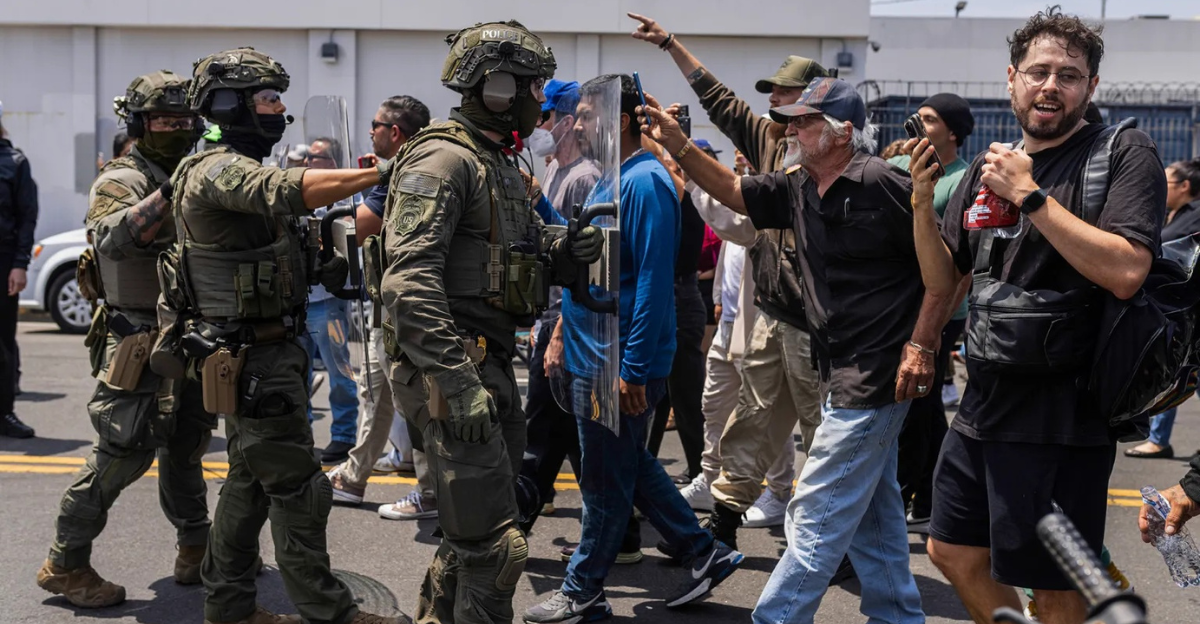
ICE raids were sold as restoring order, but what they brought is chaos: jobs gone, families shaken, and towns hollowed out. ICE raids were sold as restoring order, but what they brought is chaos: jobs gone, families shaken, towns hollowed out, and communities divided. Both citizens and immigrants are carrying the weight of decisions made by people who never set foot in these fields or warehouses. The raids ripped open a truth that’s hard to ignore. Our economy is fragile and tied together in ways few want to admit. When the dust clears, who is left to pick up the pieces, and at what cost?
